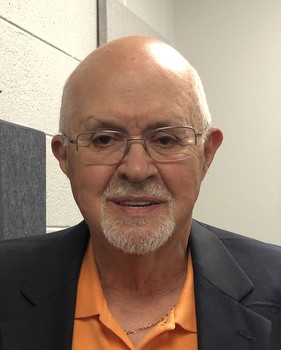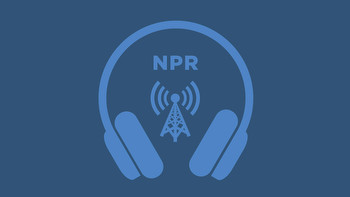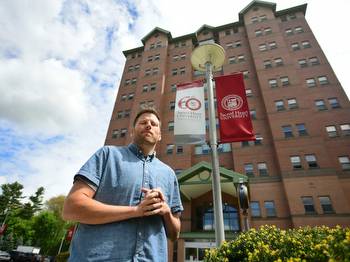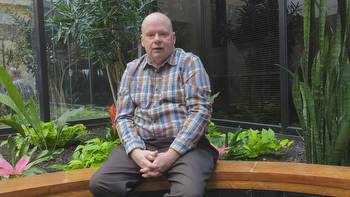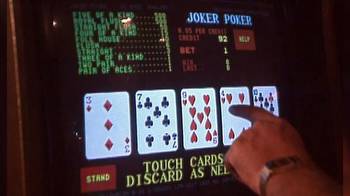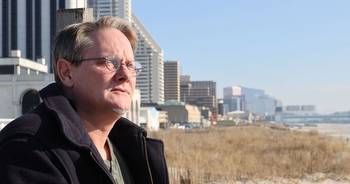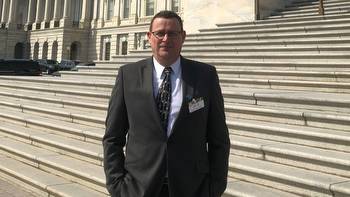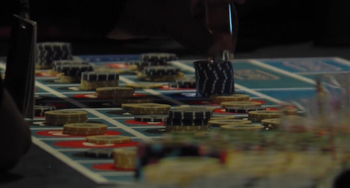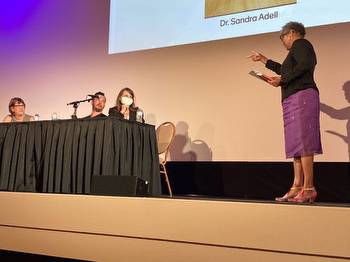Helping with addiction a big part of Ohio’s gambling programs
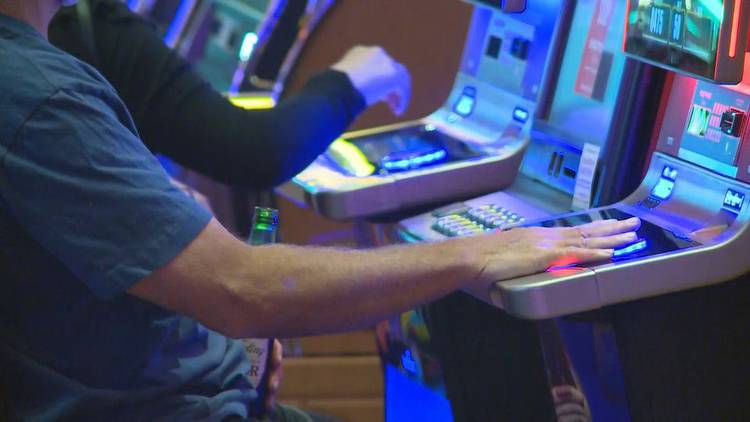
TOLEDO, Ohio (WTVG) - “Anyone, any gender, all races, all ethnicities, all types of people gamble,” Associate Director of the Problem Gambling Network of Ohio, Michael Buzzelli said.
March is Problem Gambling Awareness month, where various advocacy groups come together to discuss with people the signs, the dangers and how to prevent gambling addictions.
He says one of the scariest things occurring today is that because gambling is so accessible online, it has never been easier for people to become addicted.
“Because of availability,” He said. “Whenever we increase an available form, more people then seek it out.”
Steven Kapela is a former gambling addict and now works as the gambling treatment and prevention manager at the Zepf Center in Toledo. He says that things have really changed since he quit gambling years ago. He agrees with what Buzzelli is noticing in accessibility.
“You used to have to fly to Las Vegas, then you had to drive across town. Now it is going to be in bed with you when you’re playing on your phone at night. It is at work with you, it is everywhere with you.”
A new concern for treatment centers in Ohio is that in December governor DeWine passed a law allowing legal sports betting in the state. Experts think this will increase gambling and addiction.
“We expect it, we anticipate it, all of the states who have already legalized and then started operating sports gambling have seen a massive increase in the behavior.”
Ohio lottery director of Responsible Gambling, Karen Russo, says the hardest thing about a gambling addiction is that it’s not as visible as other addictions.
“This is a very tough, tough addiction and a tough problem to work with. There aren’t any real indicators,” she said.
Some signs of problem gambling include borrowing money, lying about wins or losses, and being restless or irritable.
Ohio has launched its “Get Set Before You Bet” campaign, to help gamblers act responsibly. The state is also one of the few that has a 24/7 hotline where callers and get directly in contact with clinicians, according to Russo.
Though the road to recovery is a long one, Kapela believes its an important one to take.
“Problem gambling can be addressed. Recovery is possible, and I will never claim that it will be easy, but I do say it will be worth it.”
See a spelling or grammar error in our story? Please include the title when you to report it.








